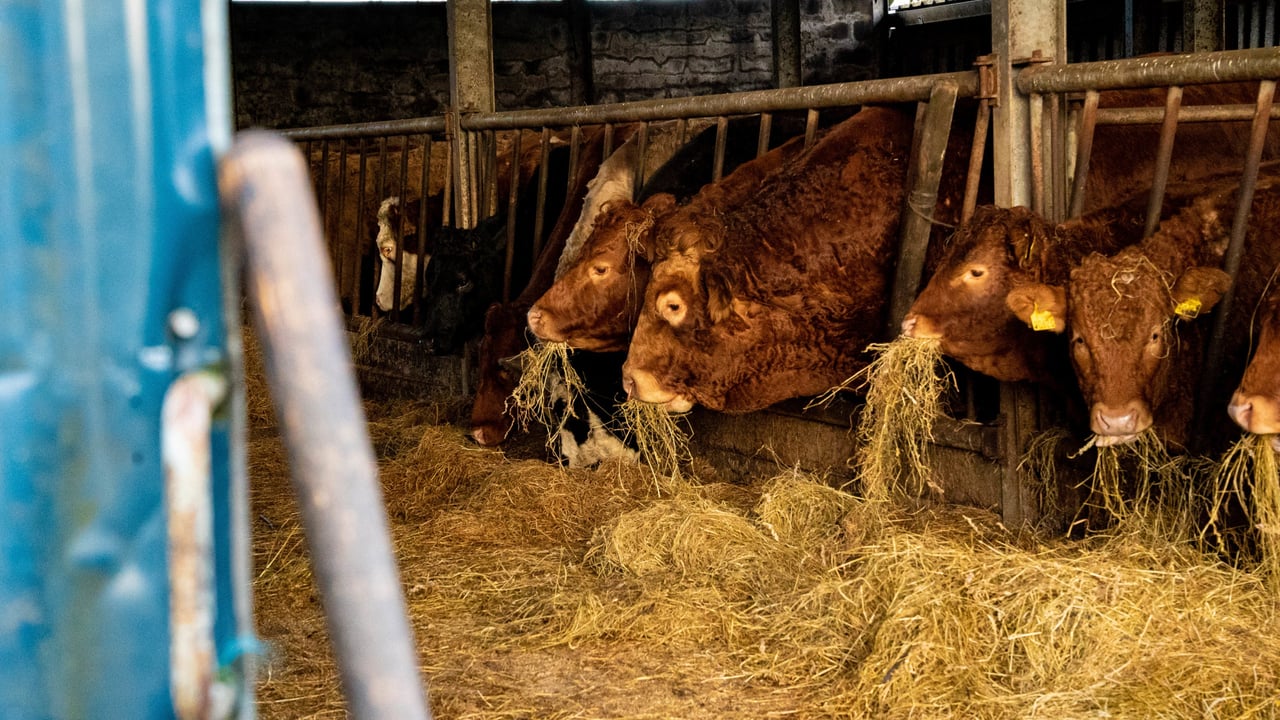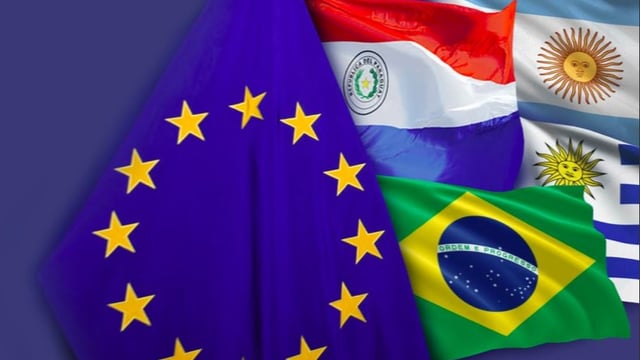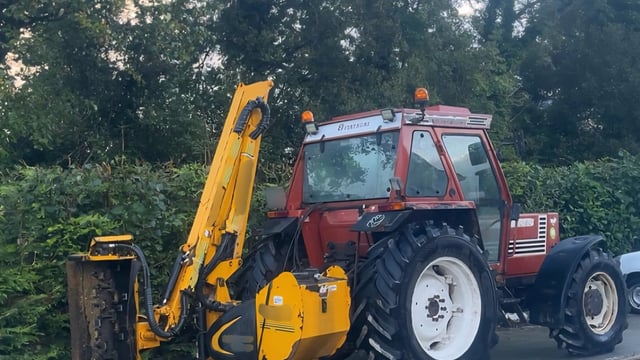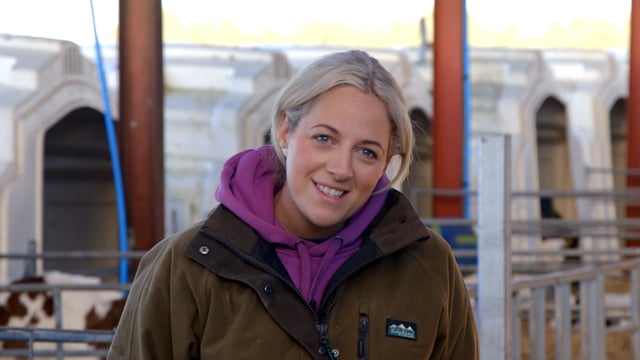What 'safeguards' will EU-Mercosur trade deal include for farmers?
The process of ratifying the EU-Mercosur Trade Agreement is now underway, following its adoption today (September 3) by the European Commission.
The commission has promised that 'safeguards' have been included in the deal to protect EU producers from being undermined by imports from Mercosur countries.
The deal will allow 99,000t carcass weight of Mercosur beef - mainly from Brazil - to enter the EU at a much reduced tariff rate of 7.5%. The quantity of beef under this quota will be phased in over a five-year period.
This has caused enormous controversy among EU farm organisations and many politicians, who believe EU beef producers will face unfair competition from Mercosur beef.
It has also been confirmed that the national parliaments of EU member states will have no say in whether the trade aspects of the deal are ratified.
The safeguards outlined in the deal will require legislation before they have legal force.
The legislation will go through the EU's 'ordinary legislative procedure' (i.e. the commission will propose the legislation and the Council of the EU - consisting of ministers - and the European Parliament will debate and vote on it).
According to one EU trade official, it is envisaged that this legislation on safeguards will be ready to be put into force at the same time as the trade portion of the deal (called the 'interim trade agreement') enters into force.
The safeguards outlined by the commission will include the possibility of the suspension of the timeline of tariff reduction, or possibly also reverting back to a higher tariff.
A commission document on safeguards outlines that one or more member state, or any legal person or association acting on behalf of the industry in the impacted sector, can request an investigation into whether there is evidence of serious injury of the threat of serious injury to the EU industry concerned, irrespective whether that injury is in one or several member states.
The commission has committed to begin this process within five days of receiving the request for an investigation.
As part of that process, the commission will examine if there is a surge of imports of a product, or a decrease in prices for the same product within the EU.
In the absence of any indications to the contrary, the commission will treat a 10% year-on-year increase in importation volume of a given product (that is under the preferential tariff) as sufficient evidence of serious injury or the threat of serious injury.
A 10% year-on-year decrease in the average import price of a given product from Mercosur will also be treated as sufficient evidence for serious injury.
However, in both the above cases, this 10% rule will only apply if the average import price for those products from Mercosur is at least 10% below the relevant domestic price for the same product in the EU in the same time period.
Where such evidence is apparent, the commission has committed, within 21 days, to impose provisional safeguard measures to protect against damage to the industry, whether the likely injury is concentrated in one or several member states.
While these provisional safeguards are in place, the investigation into possible industry damage will continue, with the commission aiming to give a final decision on safeguards within four months.
Appropriate safeguard measures can consist of a temporary suspension of the schedule of tariff reduction of the product concerned, or a reduction of the tariff preference back to a higher rate (it is understood this higher rate may be in the region of 40%).
These safeguard measures may remain in place for four years, though it is understood they will be reviewed after two years with the possibility of the safeguards being partially relaxed at that time.





